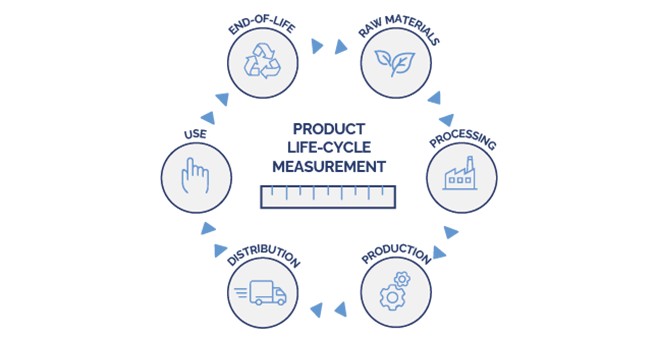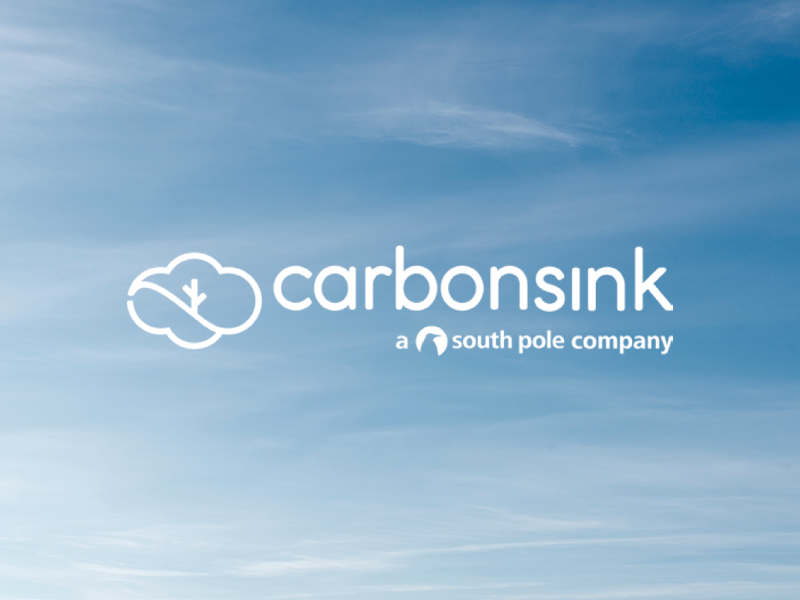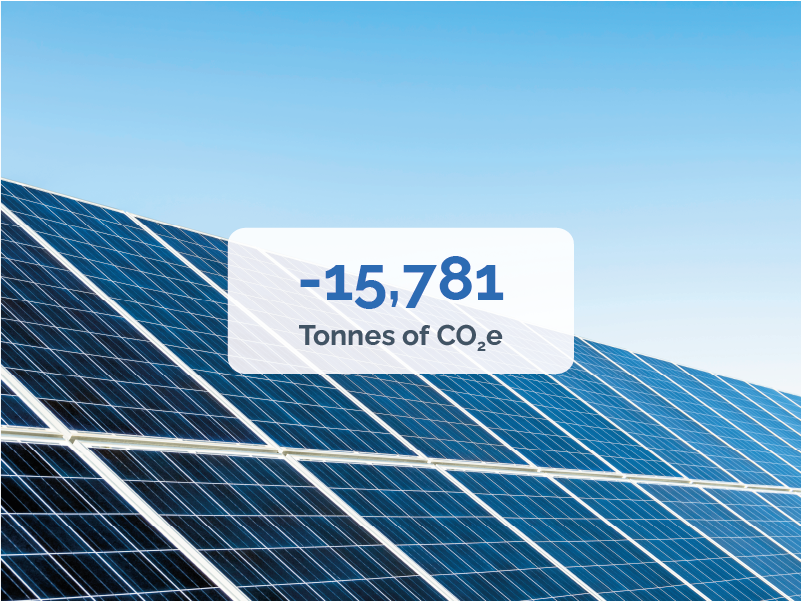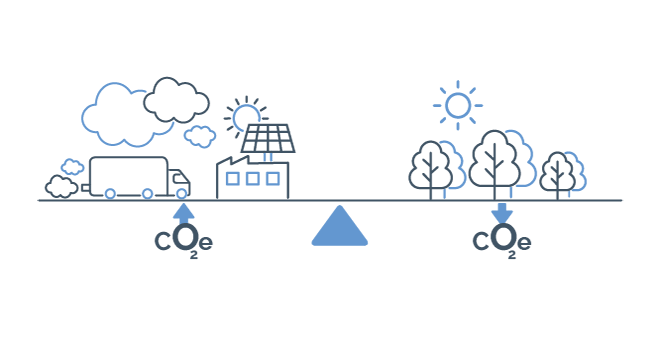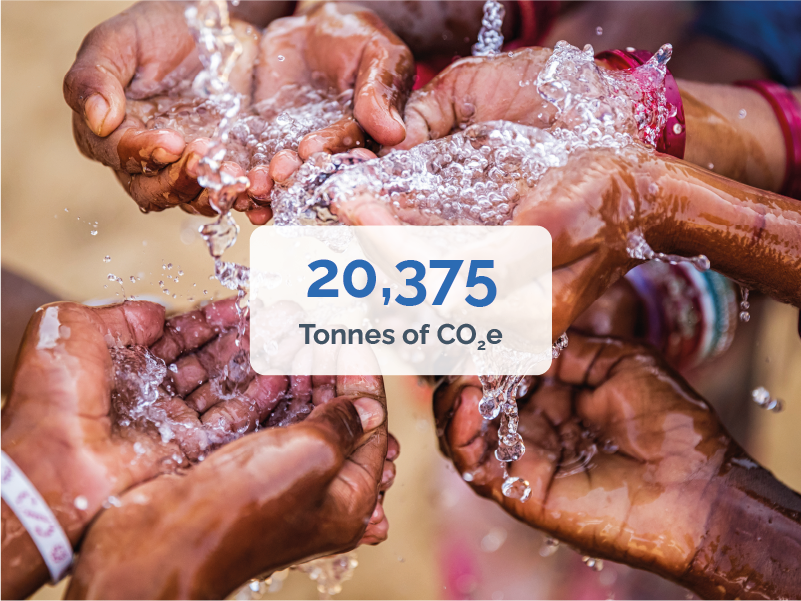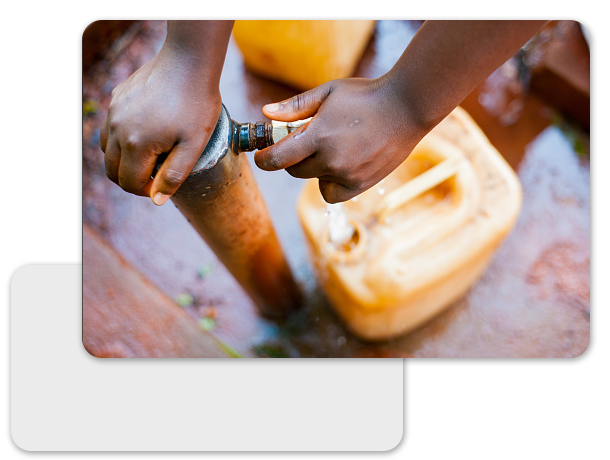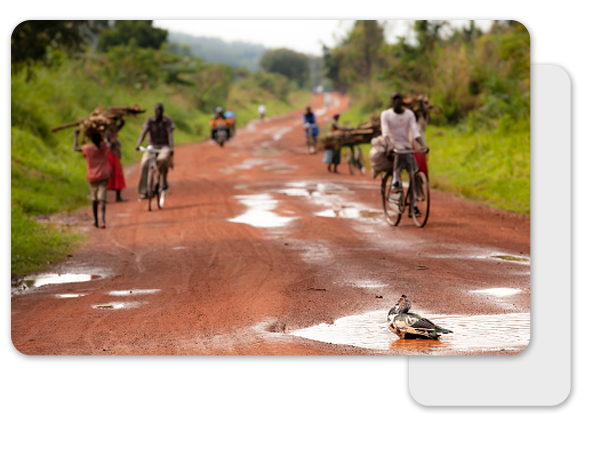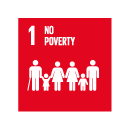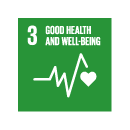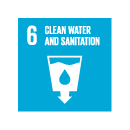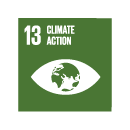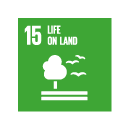THE PROJECT
The aim of the project is to facilitate the access of families and local communities to a clean, safe and potable water resource by promoting environmentally friendly water purification technologies. In fact, access to clean and safe water is crucial not only for climate change mitigation, but also for ensuring the sustainable development of the populations concerned, with both socio-economic and health benefits.
The project involves more than 537,000 people and 1,380 villages through the installation of more than 2,500 water dispensers in the project areas.

